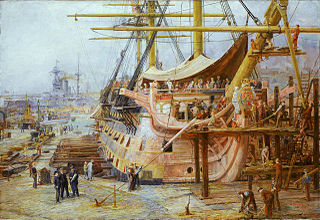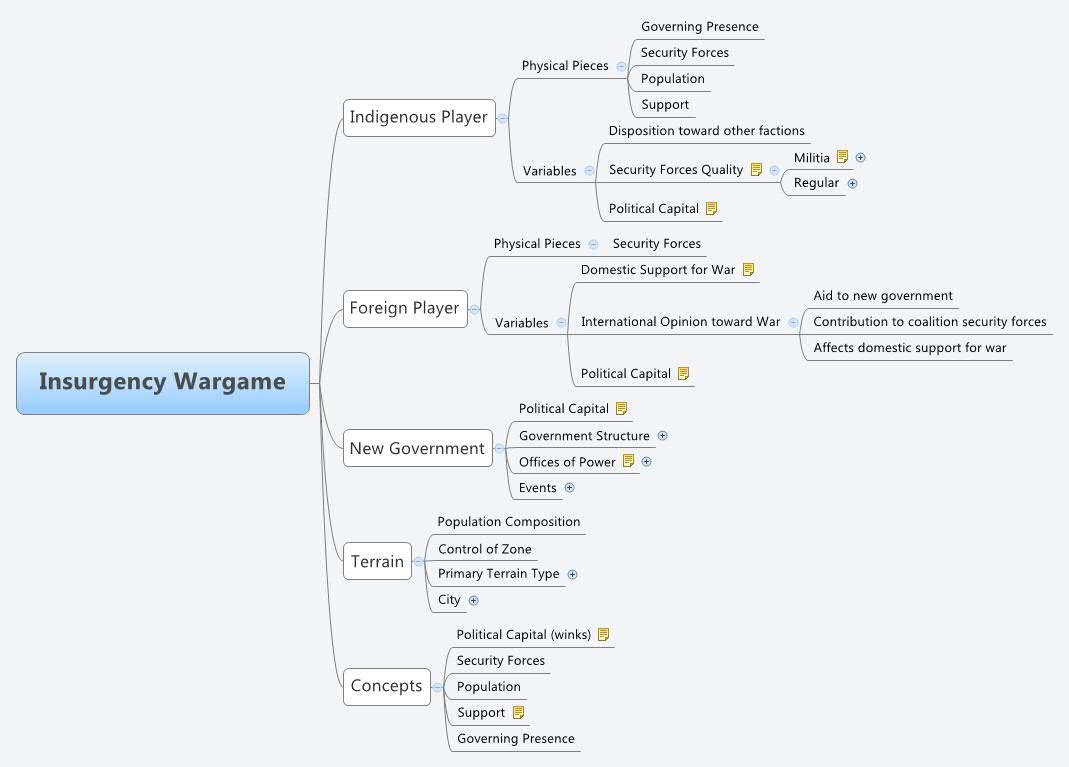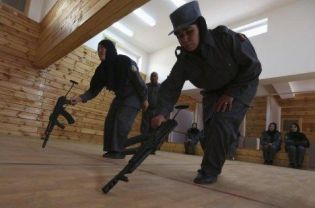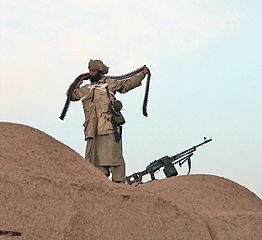Who gives the orders in the new Russian military?
Keir Giles, Director of the Conflict Studies Research Centre, led a seminar at King’s College London about Russia’s military transformation earlier today. Below are my notes from the seminar and the Q&A that followed:
- Since 2008, the process of military transformation in Russia has led to a “civilianization” of armed forces leadership.
- Traditionally, General Staff would set policy and Ministry of Defence would implement it.
- Responsibilities shifting to MoD.
- MoD becoming civilian: last estimate is that out of 10,000 employees, only 3,000 are military.
- Former KGB and intelligence officers taking leadership roles.
- Security Council’s relevance began when Putin became Secretary in 1999.
- This year, the Security Council’s responsibilities were expanded to include forecasting & assessing threats and policy-making.
- Intelligence agencies have two seats on Security Council, but in practice at least six of eleven members have a background in the intelligence services.
- Former KGB members can be found everywhere oversight of the military is concerned.
- Example of intelligence services’ influence: Russian military felt it did not perform well in terms of information warfare during the 2008 war against Georgia. The FSB vetoed its attempts to create a dedicated information warfare section, as it wanted to handle all information warfare itself.
- Current military transformation marks the start of real civilian control of military, though not quite by Western standards. (Control by intelligence agencies would not be considered civilian in the West.)
- New command structure
- Military districts reorganized into four Joint Strategic Commands.
- Devolution of command authority down to district commanders, who now head Joint Strategic Commands (similar to US strategic commands?)
- Reasoning: preparing for local wars, where local administrator knows region of responsibility best. Possibly also meant to better prepare military for defense.
- Point of controversy: will local commander have authority to act independently of Moscow?
- There is a history of the military action without a higher level of approval.
- Possibility that 2008 war was started without prior civilian or military approval?
- Unclear exactly how Spetsnaz will be integrated into new structure.
- Transformation a way for Putin to put his cronies into place in preparation for his return to Presidency?
- Military is/was resistant to changes, though they have been unable to stop it.
- New leadership is heavily drawn from intelligence background like Putin, whereas military leadership is harder to personally control.
- Junior officers entering service now have grown up being told how the Soviet Union was the heyday of Russian primacy and power, but lack direct experience of the Soviet era means their perception not tempered by reality.
- NCO shortage because of lack of qualified candidates (ability to do quadratic equations apparently a requirement?), meanwhile a vast over-supply of junior officers. Thus junior officers end up filling NCO billets and quite unhappy about it.
- Planners’ ingenious solution to over-supply of junior officers was to stop all new officer intake. Soon-to-be shortage of officers likely forthcoming.










